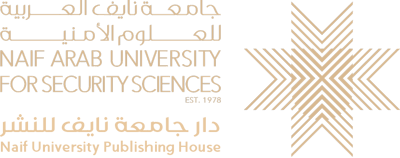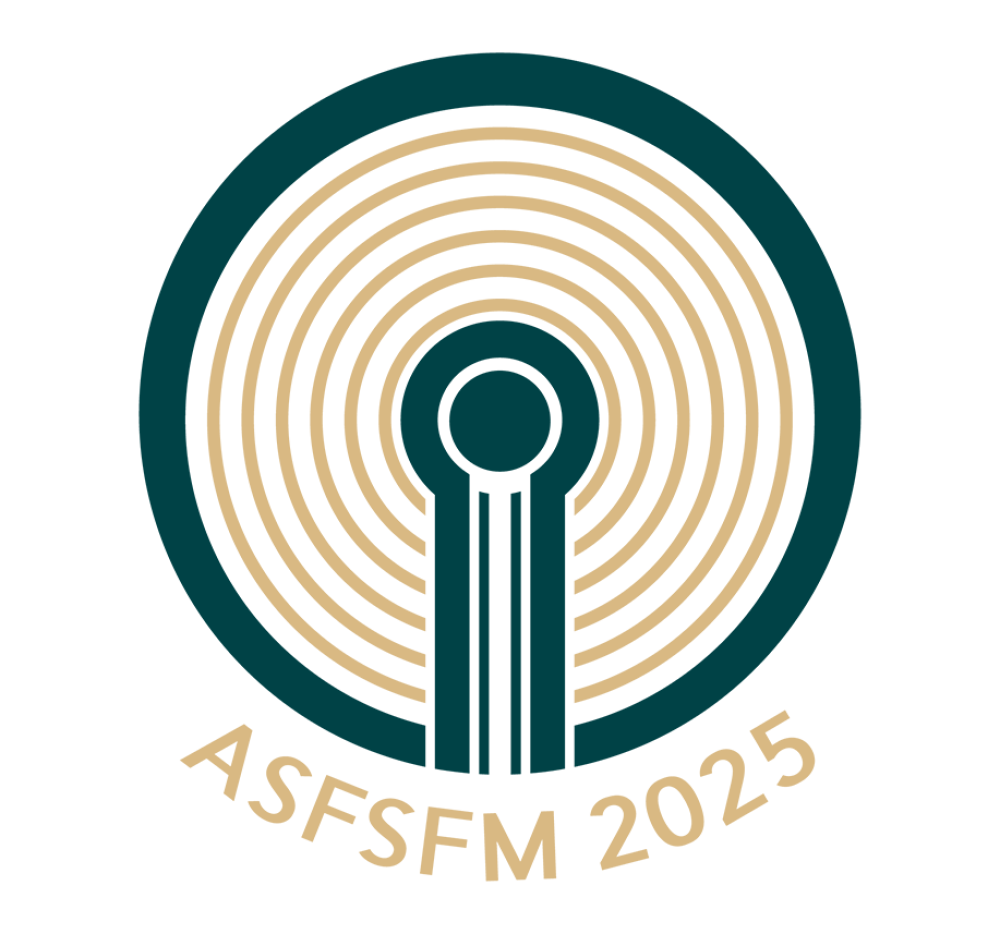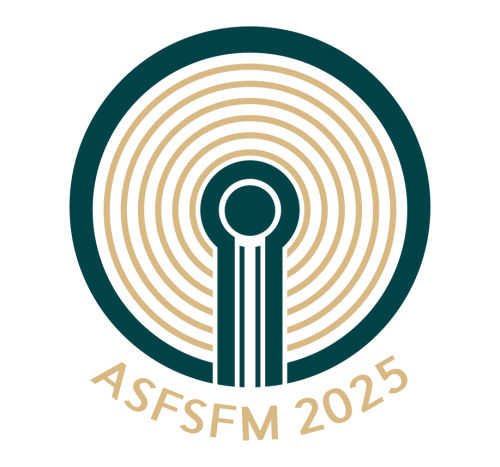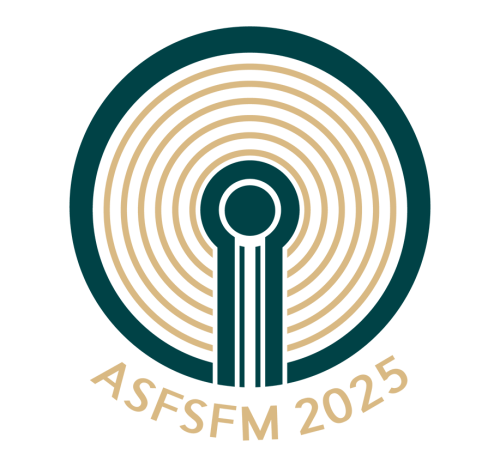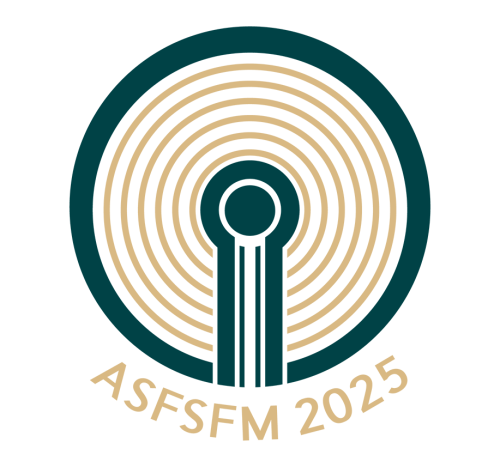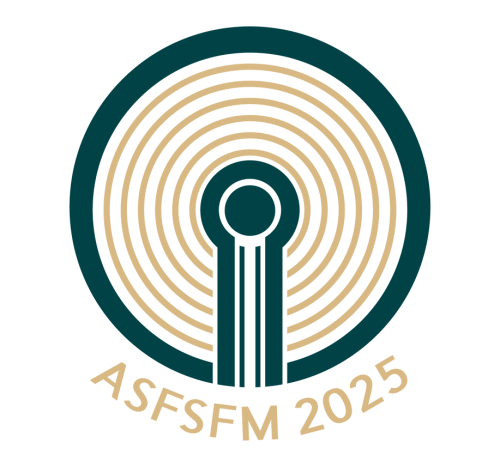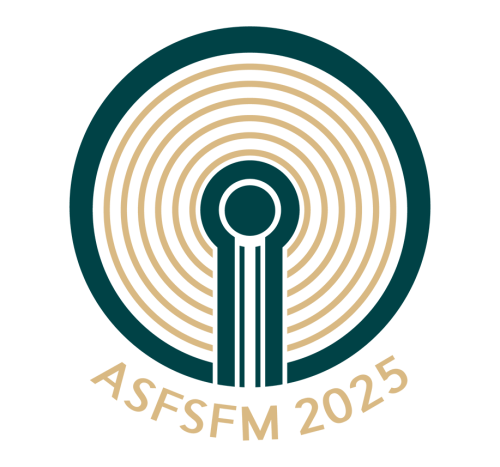Presenters/Facilitators: Dr. Farouq Alzahrani PhD and Dr Abdulaziz Aldubayan PhD
Date: 4th Dec 2025 | Time: 2:30 - 4:30 PM
Cost: 200
Target Audience: Forensic toxicologists; toxicologists; forensic scientists; students attending forensic science programs
Prerequisites: Awareness of forensic toxicology
Maximum Participants: 25
Description: Workplace drug testing is a critical component in ensuring safety, discipline, and operational readiness within military institutions. This workshop, will provide an in-depth exploration of the current status of workplace drug testing across four key military entities: the Ministry of Interior, the Ministry of National Guard, the Ministry of Defense, and the Presidency of State Security. The session will feature insights from esteemed experts, including Dr. Farouq Alzahrani, who will represent both the Ministry of Interior and the Presidency of State Security, alongside two additional specialists from the Ministry of National Guard (TBD) and the Ministry of Defense (Dr Abdulaziz Aldubayan). Each speaker will deliver a 20-minute presentation, offering a comprehensive overview of their respective institution’s drug testing model— covering every stage from sample collection, analytical methodologies, reporting processes, and the handling of result appeals through medical review procedures. Following these institutional case studies, the workshop will dedicate 40 minutes to key advancements and challenges in military workplace drug testing. Topics of discussion will include: • Hair testing as an alternative biological matrix in workplace drug testing: its potential advantages, forensic reliability, and regulatory considerations. • Limitations and current position on Point of Care Testing (POCT): assessing its utility, reliability, and role in military settings. • Screening cutoffs for each class of drugs: the rationale behind cutoffs and their implications for detection windows and interpretation. • Classes of drugs to be included in the immunoassay screening panel: ensuring comprehensive detection strategies while maintaining efficiency and accuracy. The final 20 minutes of the workshop will be dedicated to an interactive open discussion with the audience, allowing participants to engage with the speakers, share insights, and address pressing challenges in workplace drug testing policies and implementation. This session will serve as a valuable forum for fostering dialogue among forensic toxicologists, security professionals, and policymakers, facilitating knowledge exchange and identifying pathways for future improvements in drug testing strategies across military institutions.
